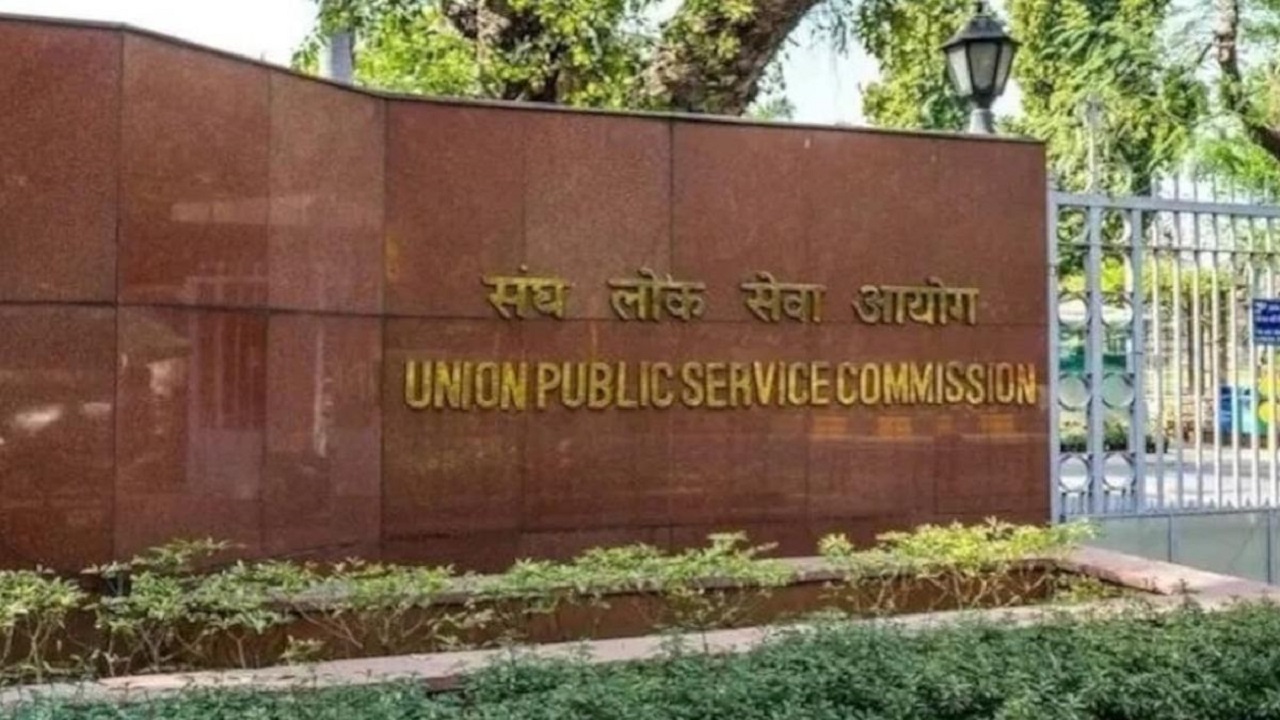100 Years of UPSC : Building India’s Administrative Backbone
Context:
The Union Public Service Commission (UPSC) will celebrate its centenary year from 1 October 2025 to 1 October 2026, marking 100 years of transparent and merit-based recruitment for India’s civil services. This milestone highlights the institution’s enduring role in building a competent, impartial, and ethical administrative system for the nation.
Introduction
The UPSC is India’s premier constitutional authority for recruiting top-level officers through a fair, competitive, and transparent examination process.
It was established on 1 October 1926 based on the recommendations of the Lee Commission (1924) and the provisions of the Government of India Act, 1919.
Its primary mission is to ensure meritocracy and maintain the highest standards of integrity and competence in public administration.
Objectives
-
Ensure fairness and equality of opportunity in recruitment.
-
Select candidates through rigorous examinations and interviews.
-
Uphold transparency and impartiality in the selection process.
-
Maintain a highly professional and ethical civil service.
Historical Evolution of Civil Services in India
Pre-1854 – Patronage System
-
Civil servants of the East India Company were nominated and trained at Haileybury College (London).
-
No competitive examination system existed.
1854 – Macaulay Reforms
-
Introduced competitive examinations for the Indian Civil Service (ICS).
-
Exams held in London from 1855.
-
First Indian to qualify: Satyendranath Tagore (1864).
1922 – Exams in India
-
Civil Service examinations began in Allahabad and later in Delhi.
-
London examinations continued alongside Indian centres.
1926 – Establishment of the Public Service Commission
-
First Chairman: Sir Ross Barker.
-
Initially comprised four members and a chairman.
-
Functioned under the Public Service Commission (Functions) Rules, 1926.
1937 – Federal Public Service Commission
-
Created under the Government of India Act, 1935 for the Federation of India.
1950 – Union Public Service Commission
-
Came into existence with the Constitution of India.
-
Powers and functions defined in Articles 315–323.
Conclusion
The UPSC has been a cornerstone of India’s administrative framework for a century, ensuring that competence, merit, and ethical conduct remain central to public service. Its evolution mirrors the transformation of governance in India, from colonial administration to a democratic, accountable, and professional civil service system.




Comments (0)